- About
- Programmes Offered
- Staff
- Syllabus
- Our Vision
- Our Mission
- Program Educationsl Objectives( PEOS)
- Laboratories
ABOUT THE DEPARTMENT
The Department of Electronics and communication Engineering (ECE) was established in 2007. The department runs both UG and PG with well experienced faculty in various disciplines of ECE. The department also hosts state-of-the-art laboratory facilities supporting both hardware and software in conformity with the curriculum and beyond. The labs and the infrastructure are regularly upgraded not only to serve the purpose of the curriculum prescribed but also facilitate to carry out innovative projects to challenge the fast-changing needs of the society. Faculty members of our department are not only engaged in trending technology research but are also very passionate about teaching and learning process.
Programmes Offered
| Under Graduate | Intake |
|---|---|
| B.Tech ( Electronics and Communication Engineering) | 120 |
| Post Graduate | Intake |
| M.Tech ( Electronics and Communication Engineering) | 18 |

Name: Dr.S.Sri Gowri
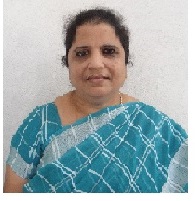
Name: Dr.B.Vanajakshi
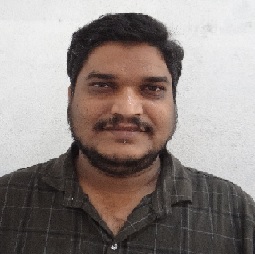
Name: B.Ravi
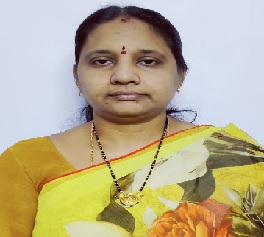
Name: T. Vishnu Priya
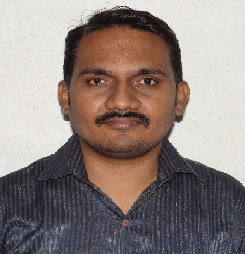
Name: P Ratna Bhaskar
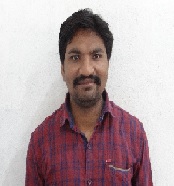
Name:P. Raveendra
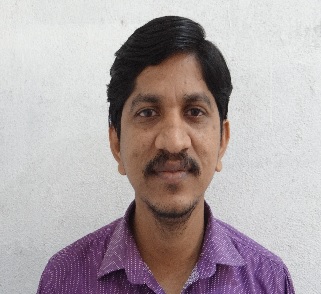
Name:P. Koteswara Rao
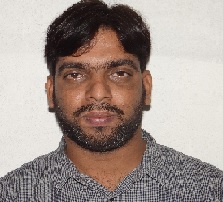
Name:D. Ravi Tej
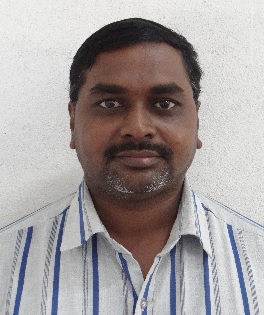
Name:K.Venkateswara Rao
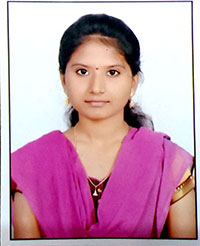
Name:S. Neeraja
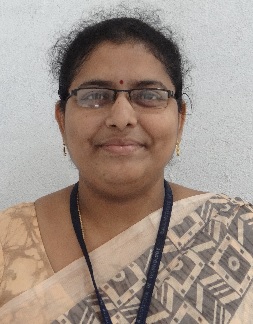
Name:N. V. K. Maha Lakshmi
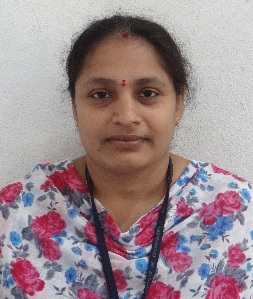
Name:AVP Sarvari
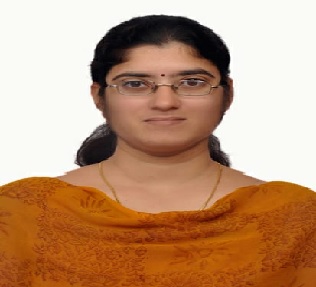
Name:K D N Nandini
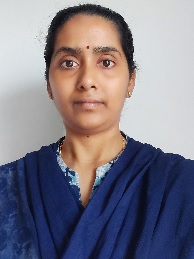
Name:V. Sri Lakshmi
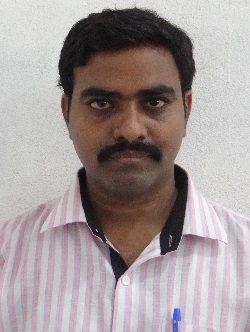
Name:Ch. Siva Rajesh
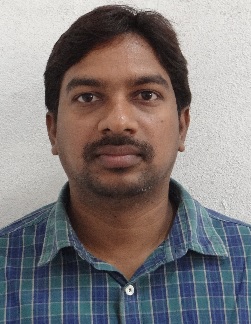
Name:V. Sekhar Babu
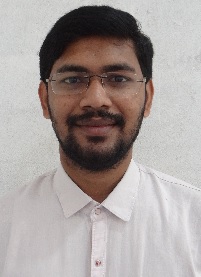
Name:G. Surya Prakash
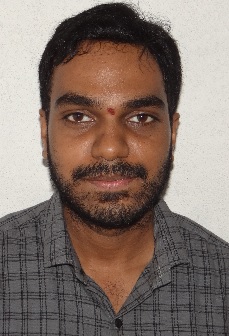
Name:B. S. S. Tejesh
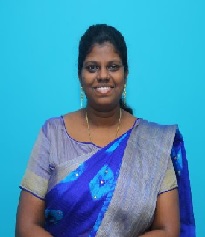
Name:T. Manogna
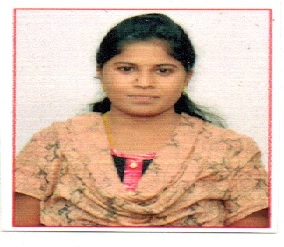
Name:B.Sunitha
PROGRAM EDUCATIONAL OBJECTIVES (PEOs)
PEO 1: FUNDAMENTALS:
To provide students with a strong foundation in the basic Sciences and Mathematics that will enable them to identify and solve Real time problems in Electronics and Communication Engineering for industries and Research activities..
PEO 2: CORE COMPETENCE:
To provide broad knowledge in Electronics and Communication technologies and applying the same for core competence in wide areas of advance research industries such as Defense, Space applications, Medical instrumentation and Medical imaging etc.
PEO 3: ENGINEERING SYSTEM DESIGN:
: To provide opportunity for students to work as part of teams on multi-disciplinary projects. Students shall have relevant engineering design experience so that they shall understand the relationship between theory and practice for Embedded, VLSI etc based industries.
PEO 4: EFFICIENT ENGINEER:
Graduates shall possess the skills with which they can visualize the problems and convey solutions enabling them to work in teams and to be an effective lead.
PEO 5: LIFE-LONG LEARNING/ETHICS:
To train professionals with social conscience and ethics for a better tomorrow.
Electronic Devices and Circuits lab
This is a basic laboratory for ECE students. This laboratory aims to provide students with basic concepts of Electronic Devices. Students would know the electrical behavior of semi conductive devices like Diode, BJT, & JFET etc. The students gain the knowledge of assembling components on Bread Board to form a circuit .This lab laid the practical foundation in the field of electronics. It also encourages students to develop keen interest towards design of basic electronic circuits intern make them to experience project based learning.
Electronic Circuit Analysis Lab
This laboratory aims to enable students to design Electronic circuits and their analysis to verify functionality of amplifiers and oscillators. This lab is specially designed and developed for the students to observe the behavior of various amplifier circuits. The student will acquire knowledge on how to design Feedback Amplifiers, Oscillators and Power Amplifiers. With the help of simulation tools (PSPICE or Multisim) students can understand the analysis of amplifier and oscillator circuits.
Analog Communications Lab
In Analog communications lab, the concept of modulation techniques like AM, FM, PAM, PWM & PPM and demodulations techniques are studied. In addition to this, MATLAB and Simulink experiments are also performed to verify the above modulation techniques and visualize the outputs.
Digital Communications Lab
Digital communications laboratory deals with the concepts of baseband digital modulation techniques such as PCM, DPCM & DM and pass band techniques like PSK, FSK & DPSK. The laboratory also hosts advanced equipment such as Spectrum Analyzer, Digital Storage Oscilloscopes and experimental kits to verify error control techniques like Hamming codes, CRC and convolution encoder and decoder.
Pulse and Digital Circuits Lab
In this laboratory students to design analog circuits to verify functionality of them with different types of inputs like, square, sine and triangular wave forms. This gives a good foundation to students to get exposure on the functional characteristics and response of electronic circuits. The student will acquire knowledge on the design of multivibrators (using Transistors), filters, Time base generators, Clippers and Clampers. The students will be able to realize logic gates using discrete components.
Linear IC Applications Lab
The main aim of this lab is to teach the linear and non-linear applications of operational amplifiers and 555 timers. Students are made familiar with theory and applications of various ICs so students can design circuits using ICs. With this knowledge students will be able to do the mini-projects with the help of integrated circuits.
Digital IC Applications Lab
This lab plays a key role for electronic engineers on the digital front. Experiments deal with Boolean logic functions so students become familiar with logic gates, multiplexers, decoders, flip-flops, counters, registers and displays. The students design complex circuits with Digital ICs and write VHDL/ Verilog HDL code to simulate and analyze the results using synthesizer. Further, the designs are verified on FPGA kits. The hardware available in this lab can be used to execute VLSI based projects.
Digital Signal Processing Lab
This laboratory course builds on the lecture course "Digital Signal Processing" which is mandatory for all students of Electronics and Communication. The course aims at practical experience with the simulation and development of basic signal processing algorithms, using standardized environments such as MATLAB, Code Composer Studio and general-purpose DSP development kits. Experiments cover fundamental concepts of digital signal processing like signal generation, convolution, FIR, IIR digital filter design and implementation algorithms, and calculation of power spectral density.
Micro Wave and Optical Communication Lab
This laboratory is a combination of two courses, Microwave Engineering and Optical Communications. Microwave Engineering Laboratory helps the students to understand the basics of microwave engineering concepts and provides description about working principles Microwave Test Benches & various experiments are related to microwave signal generation and transmission through waveguides. Optical Communication Laboratory helps the students understand the concepts of LED, LASER transmission and reception. The features and facilities available in this laboratory help the students to do their projects in the field of microwave and optical communications.
Micro Processors & Micro Controllers Lab
The Microprocessor and Microcontroller lab presently strives to give the ECE students a laboratory experience in working with Microprocessors and Microcontrollers. The purpose of this lab is to develop their knowledge on processor architecture and the programming skills. They will inherit knowledge on tools such as TASM, KEIL and will implement many experiment programs such as Arithmetic, logical, string and BIOS programming in different perspectives. The students are also introduced to various interfacing hardware kits such as 8279, 8255, 8051, 8259 etc. This lab has been equipped with highly advanced Microprocessor and Microcontroller boards.
PROGRAM EDUCATIONAL OBJECTIVES (PEOs)Achievements
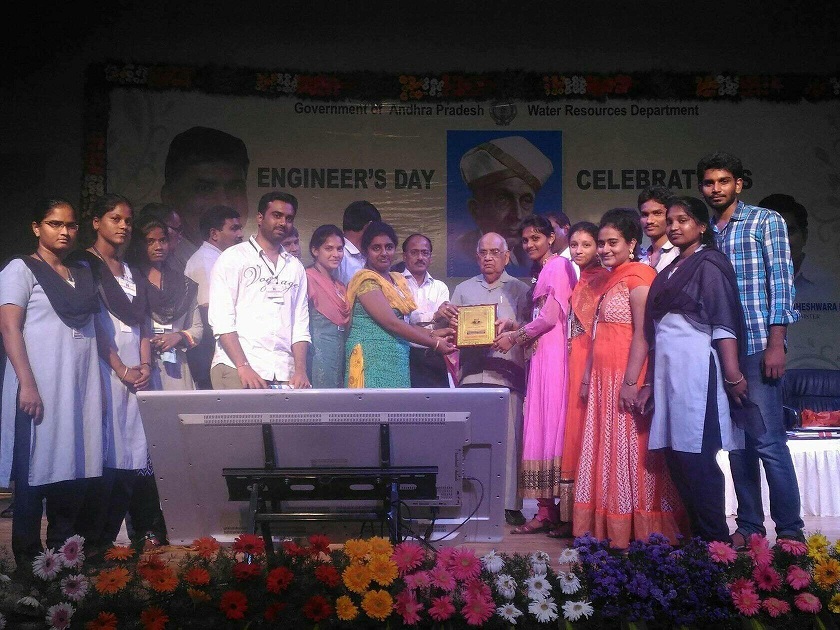
Department Activities
Civil Engineering Department has been conducting different activities for faculty and students such As Faculty Development Programs, Workshops, Seminars, Guest Lectures and Training programs on new technologies for the benefit of Civil Engineering students. Department also encourages the students to participate in different events such as paper presentations, poster presentations, model making, quizzes and cultural activities conducted by other colleges. Department of Civil Engineering also arranges Industrial Visits and field trips. Department made arrangements to send the students for internship programs to acquire Practical knowledge which is more useful for their carrier.

Projects
Get the latest SRKIT news and information about upcoming events on campus.

